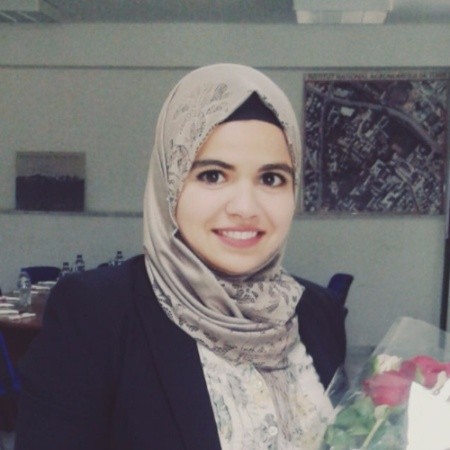Meriam ARFAOUI
Meriam’s internship took place from March to August 2019 in partnership between the Systematic Ecology & Evolution (ESE) laboratory and the International Center for Research on Environment and Development (CIRED), under the supervision of Améline Vallet and Thierry Brunelle. The main objective of the internship was to analyze the dynamics of land use change in the El Marino watershed between 1976 and 2019 and to determine the drivers of these changes. The first part of the internship consisted of a literature review, in order to identify the potential drivers at work in the area. The most relevant drivers were mapped: slope, altitude, accessibility to the land, accessibility to markets, distance to water resources and soil quality, population density and finally, the proximity and zoning of protected natural areas. Then the association between these different drivers and changes in land use were analyzed using descriptive statistics (Student’s test). Agricultural colonization, like urbanization, occurred mainly in accessible, low-lying, low-slope areas. These areas saw their population increase over the period. In contrast, reforestation is mainly observed in inaccessible areas, and where the population has declined. Agricultural colonization and deforestation are less important within the protected natural area.


